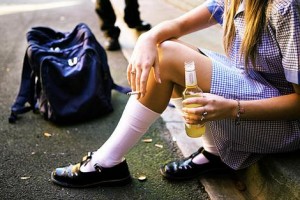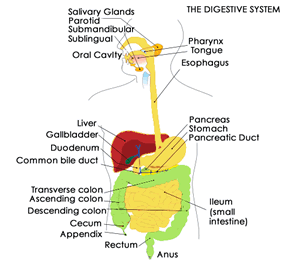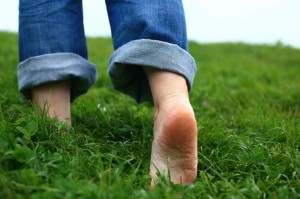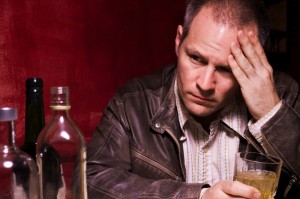Many people think of alcohol as an aphrodisiac. Alcohol lowers the inhibitions, causing some to act out sexually. Many people use alcohol to loosen themselves up before sex with a new partner. After a few drinks, you get rid of your bedroom jitters and are able to relax. But beyond the newfound confidence, alcohol can be bad for your sex life. On one hand, alcohol suppresses inhibitions which can increase the desire for sex, on the other; it suppresses sexual physiology, which can decrease sexual activity and ability to perform.
Alcohol is a depressant, and using it heavily can dampen mood and decrease sexual desire. Alcohol causes the body to slow down.
Alcohol and Sexual Dysfunction: Men
Men’s sexual behaviors can be affected dramatically by drinking. In men, alcohol and sexual dysfunction are highly linked. Both chronic and acute alcohol consumption can inhibit testosterone production, which is critical for libido and physical arousal.
Long term intake of alcohol can lead to damage to the central nervous system and the peripheral nervous system resulting in loss of sexual desire and impotence in men. Impotence, or erectile dysfunction, is a condition in which a man is unable to achieve an erection sufficient for sexual intercourse. In some cases, the man is able to achieve an erection but unable to maintain it long enough to complete the sex act. Alcohol can block nerve impulses and messages between the brain and the body.
Alcohol also causes decreased intensity of orgasm and decreased ability to achieve orgasm.
Alcohol and Sexual Dysfunction: Women
In many women, alcohol increases sexual desire and arousal. However, it does lower the physiological signs of arousal.
In women, consumption of alcohol can actually increase levels of testosterone, increasing sexual desire.
However, alcohol and sexual dysfunction in women has a lot to do with how much a woman drinks. At increased BAC’s (Blood Alcohol Concentrations), a woman has a much harder time attaining orgasm. Because alcohol has a dehydrating effect, women may have difficulty producing lubrication.
Alcohol and Sexual Dysfunction: Sexual Risk-Taking
Overindulging can also have other related sexual effects. Sometimes, drinking large amounts of alcohol can cause people to make risky sexual choices that they would not have made while sober. This could include having sex with multiple partners, having unprotected sex, or having sex outside of a monogamous relationship. This, of course, increases the incidence of unwanted pregnancy and cases of sexually transmitted diseases and infections.
Also, the incidence of date rape and sexual assault is much higher when you factor in alcohol. Victims are less likely to be able to ward off an attack when they have had a lot to drink. Additionally, because alcohol impairs judgment, people who have had a lot to drink are less likely to recognize and avoid potentially risky situations.
Alcohol and sexual dysfunction can be largely avoided by drinking in moderation. This means having no more than one two drinks in a day. Overindulging can have a negative impact on your sex life.
http://www.menshealth.com/mhlists/women_sex_and_alcohol/
http://sexuality.about.com/od/femalesexualhealth/a/alcoholsexwomen.htm
http://www.everydayhealth.com/erectile-dysfunction/why-boozing-can-be-bad-for-your-sex-life.aspx










